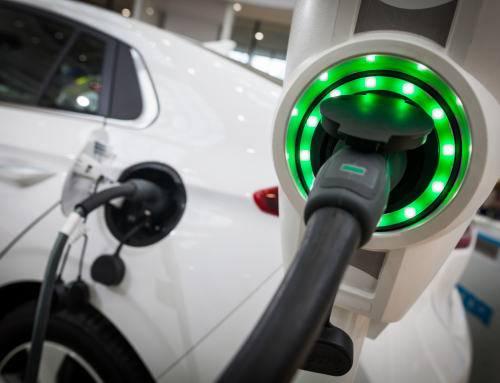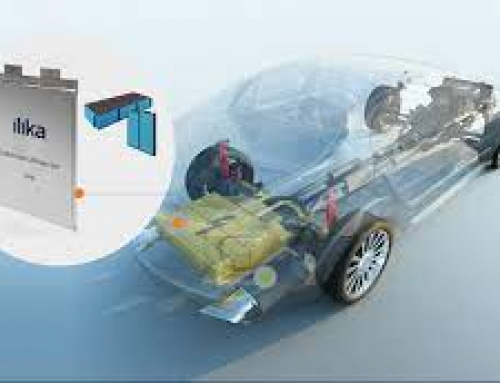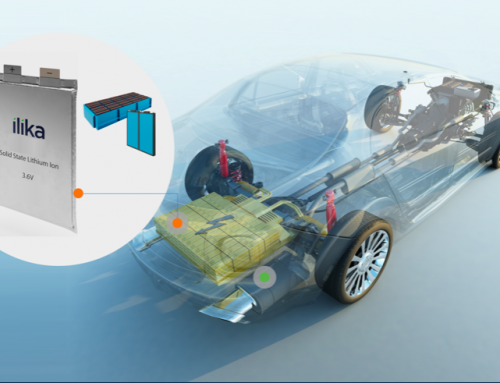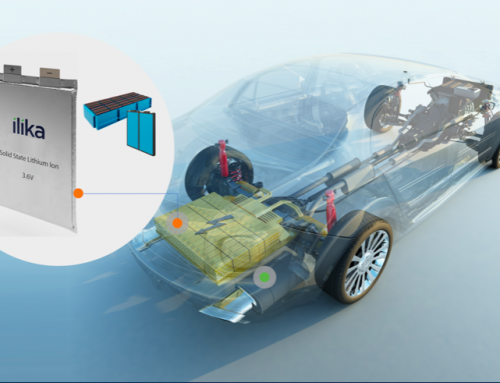By Stewart Dalby
On the face of it, a first glance at some of the financials in Ilika’s Financial Statement for the year ended 30 April 2021 released on 6 July 21 suggested the AIM-listed group could have fallen on hard times. The report from the pioneer in solid-state battery technology informed shareholders that in 2021 revenue dropped to £2.3million from £2.8m in 2020. The EBITDA loss, adjusted for share-based payments, in 2021 was £2.3m against £2.1m in 2020. Cash, cash equivalents and bank deposits were £9.8m in 2021 compared to £14.8m in 2020.
Far from having fallen on hard times, however, if a shareholder would have looked at other key indicators at Ilika he or she would see that Ilika is poised to accelerate the scaling up of production of its ground-breaking flagship Stereax mini batteries as well as other products to take the company into commercialisation.
One key indicator was the Ilika share price. For some reason, in June 2020 there was a spike in share prices in the renewables sector. This may have been because June was a sunny month and investors were prone to lash out a bit. More likely, the price rises were because there was increasing recognition that renewable companies had excellent capabilities as energy carriers and storage mediums. At Greenbarrel we identified 12 companies in four categories (many of whom were loss-making) whose share prices were on the rise. The categories were waste management, hydrogen related fuel cell developers, funds and groups involved in battery technologies.
IlIka was one of them. In June 2020 its share price was 51 pence just 1p below the current 52-week low of 52p. By the end of 2021 it had risen to 272p. The share price came off in the early months of 2021 but by the time the financial statement came out on 6 July it had climbed back to a level close to 200p. On 9 July the price was 200p as Ilika announced a fund raiser amounting to just under £25m gross. The funding plan consisted of a placing, open offer as well as a Retail Offer.
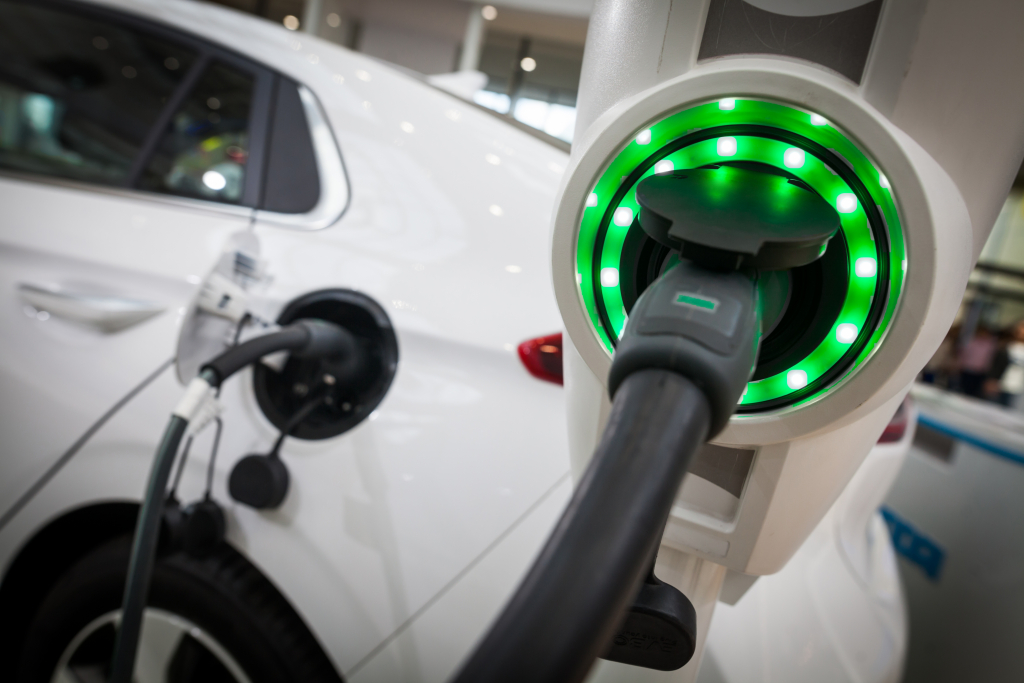
The Goliath project– a solid state battery charging an electric car
The issue price for the placing and open offer as well as the Retail Offer was 140p, some 30 per cent below the 200p share price on the day. At the close on 9 July the placing and Retail Offer was announced as being fully subscribed. Some £18m had come in from institutions and other interested parties. There was a further £3.7m garnered from existing shareholders who wanted to increase their shareholdings. Finally, there was £3m from retail investors who were mostly first-time buyers of Ilika shares. Ilika has had fund raisers before; and it has received government grants that partially filled the coffers. But there was nothing on the scale of the £25m as a war chest. This £25m kind of funding will really allow the company to seriously scale up the progress of not just the company’s so far key product—the solid state Stereax mini-battery—but also its electric vehicle (EV) projects.
Originally spun-out in 2015 from the School of Chemistry at the University of Southampton, Ilika’s ground-breaking Stereax charges faster and lasts longer than other lithium-based solutions. Over time, as the pilot project progressed, Stereax began to pick up markets in areas like medical implants, the internet of things (IoT) and EVs. This led Ilika to establish some factory capacity for production. In the FY21 results report it said the custom-made plant to increase the production of Stereax 70 times by the end of CY2021 was on schedule.
Stereax’ s production increase, though, was not the only achievement in CY 2021. The company also continued to execute its three collaborative projects, which were supported by £5.2m of UK- government grant funding and involved rapid-charging with Honda and Ricardo, high performance EV batteries with McLaren and cost-effective mass production with JaguarLandRover. Ilika’s most exciting step-up though has been to move towards making solid-state mini batteries larger than the Stereax for electric lorries known as Goliaths. The Financial Statement said that in the second half of the 2020/2021 financial year, the Goliath solid-state lithium EV battery had progressed.
Since the framework agreement with the UK Battery industrialisation Centre (UKBIC) for weekly production growth from 1kWh to 5MWh by 2024, which was reported in the interim results, Ilika has won a £0.5 grant with Comau (part of the Fiat group) from the Advanced Propulsion Centre (APC) to scope in detail a scale-up design for a potential future GW production centre.
Now, following the success of the £25m fund raiser it seems that Ilika, according to house broker Liberum, is targeting most of the £25m funds to exceeding the energy density of lithium ion batteries by 2022, scaling up its current Goliath pilot production line as well as providing general working capital through to mid-2023. Substantially increasing the energy density of lithium ion could be game-changing for battery technology development and Ilika fortunes.

